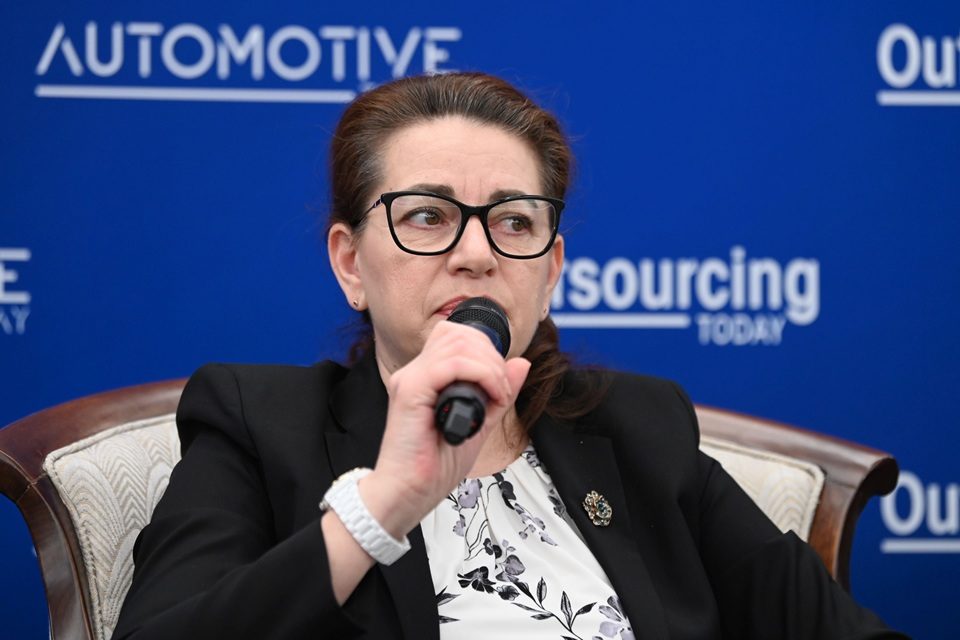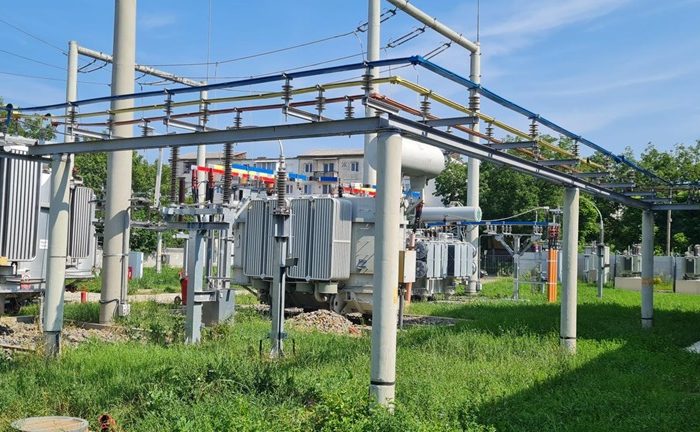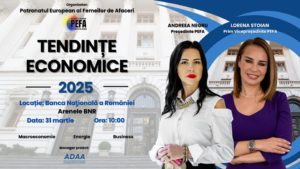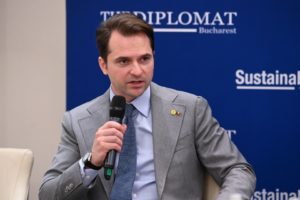State Counselor Mihaela Frasineanu: “We have a monitoring plan that we will shortly adopt in the committee for coordinating the implementation of the circular economy in Romania”
Posted On March 28, 2025
0
2.5K Views

“Unfortunately, there are few elements, at least at the reporting level, that indicate that truly circular economic activities are happening in Romania. We are still in a consumerist era in which we produce, consume and then throw away. Unfortunately, we do not understand that the so-called garbage represents products that can be recovered, repaired, reused or their component parts can be reused,” Mihaela Frasineanu, State Counselor, Chancellery of the Prime Minister, said at Circular Economy Conference organized by The Diplomat-Bucharest and Sustainability-Today.
Key statements:
- Probably for this reason we all felt the need for a circular economy strategy for Romania and, above all, an action plan is needed. I am in charge of coordinating this action plan for the implementation of the circular economy and I can tell you that there is both positive and negative information.
- The implementation is not being done at the pace that I want and not at the pace that the industry in Romania wants, unfortunately. The positive side is that by the end of the second quarter of 2026 we have the obligation to implement 13 of the 52 measures and actions included in the plan.
- There are specific measures that must be implemented by ministries such as Environment, Economy, Development, Agriculture and the Department of Sustainable Development. How do we monitor this implementation of those 13 measures and actions? We certainly have a monitoring plan that we will shortly adopt at the level of the committee for coordinating the implementation of the circular economy in Romania.
- This monitoring plan will be sent to the European Commission and will show us whether we have reached the level we set for ourselves or not.
- The 13 measures and actions primarily mean a professionalization of what is happening in this very vast field of the circular economy, the training of experts, the training of true professionals who understand how we relate to both raw materials, products, and how we manage products after they are no longer needed and no longer fulfill the purpose for which they were created, but they also mean how we digitize the directions of action for the circular economy, how we clarify the legislation in terms of responsibilities and obligations and how we monitor the implementation of the legislation.
- Starting in 2025 and certainly in 2026, the actions of control institutions such as the National Environmental Guard and the Environmental Fund Administration will intensify in terms of implementing the legislation and achieving the objectives of the circular economy strategy.
- We need a change in mentality, and this change can be made through education, awareness and professionalization. In addition, legislative clarification is needed so that everyone knows what and how to do.
- Certainly, the role of a government is to provide the business environment with those sources of financing and the possibility of attracting funds so that the business environment can fulfill its obligations.
- Advertisement -














